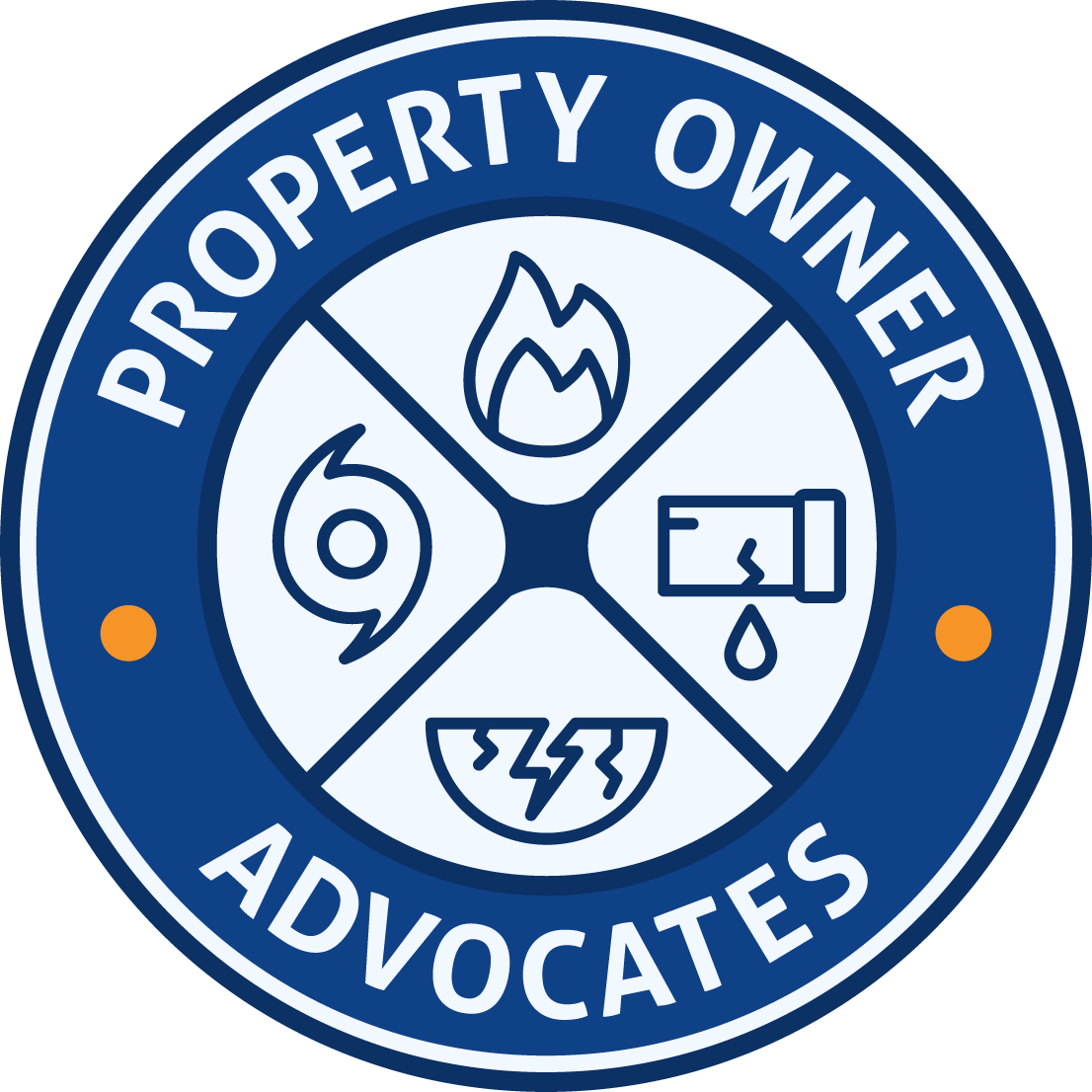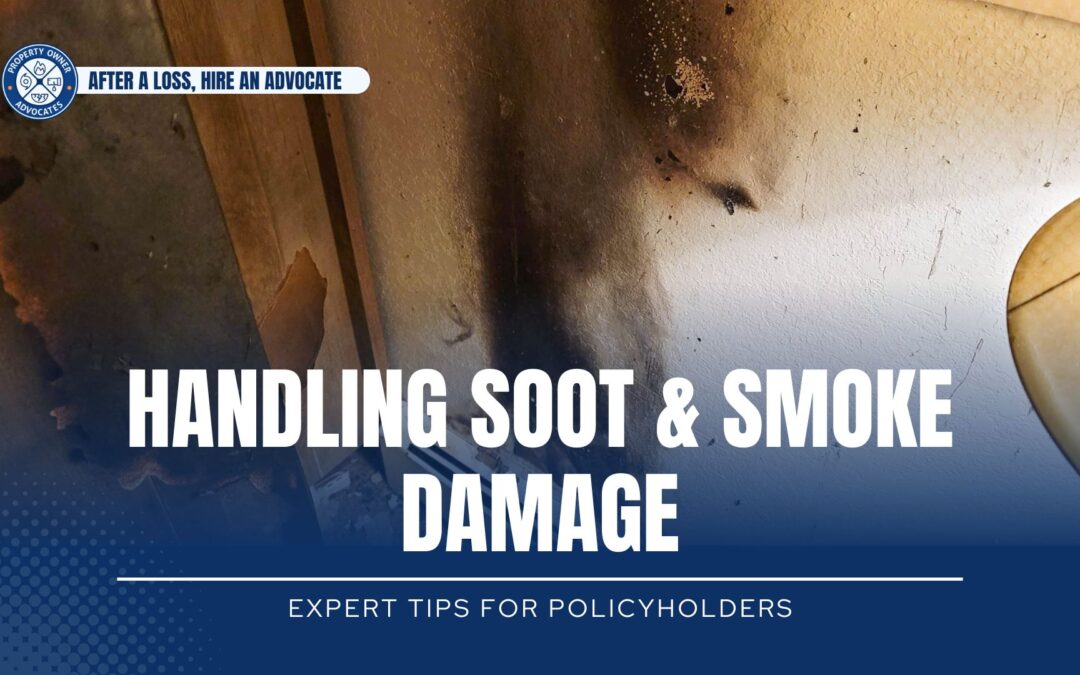Why Smoke Can Be Worse Than the Flames
When people think about fire damage, they usually picture burned walls, charred furniture, or melted appliances. But in many cases, the biggest and most expensive problems come from smoke and soot.
Smoke travels through vents, walls, and ceilings, seeping into every corner of a home. Soot — the fine, black residue left behind — is acidic and can corrode electronics, stain fabrics, and permanently damage surfaces if not cleaned properly. Long after the fire trucks leave, these hidden hazards continue to impact your property, your belongings, and even your health.
The Good News: Most HO-3 Policies Do Cover Smoke Damage
For homeowners in Florida and across the U.S., the standard HO-3 homeowners insurance policy (the most common type) typically covers sudden and accidental smoke damage. This means if smoke and soot were the result of a covered fire, your insurer is generally responsible for repair and cleanup costs.
Covered losses usually include:
- Cleaning or replacing smoke-damaged walls, ceilings, and flooring
- Professional deodorization of lingering odors
- Repair or replacement of contents (furniture, clothing, appliances)
- HVAC cleaning when smoke infiltrates ducts and vents
- Additional living expenses (hotel stays, meals) if your home is uninhabitable
What May Not Be Covered (Common Exclusions)
While most fire-related smoke damage is covered, policies do have limitations and exclusions. Common examples include:
- Gradual smoke exposure: Smoke from a fireplace or wood stove that stains walls over time may be considered “maintenance” rather than sudden damage.
- Negligence: If damage occurs because proper maintenance wasn’t done (e.g., failing to service a chimney), insurers may deny coverage.
- Non-covered causes: Smoke from industrial or agricultural sources near your home typically won’t be covered unless caused by a fire on your property.
- Policy-specific exclusions: Older or customized policies may limit coverage for certain contents or high-value items unless scheduled separately.
Expert Tip: Always review your policy’s exclusions section. What’s covered in one policy may not be covered in another.
How to Strengthen Your Smoke Damage Claim
Because smoke and soot are often invisible to the untrained eye, documentation is key to making sure you’re fully reimbursed.
Many homeowners make the mistake of overlooking hidden smoke and soot damage — don’t let it happen to you.
Here’s how to protect yourself:
- Photograph everything – Even faint discoloration on walls, ceilings, and contents should be documented.
- Record odors – Make written notes about strong smoke smells in certain rooms; these can support claims for deodorization services.
- Inspect your HVAC system – Smoke infiltrates vents, ducts, and air filters quickly. Have a professional inspection and keep the report.
- Save receipts – Temporary housing, clothing replacement, and cleanup expenses should all be tracked.
- Don’t rush cleanup – Throwing out damaged items before documenting them could weaken your claim.
Smoke Damage Claim FAQs
Is smoke damage as bad as fire damage?
Yes — in some cases, it’s worse. While fire may damage a few rooms, smoke can spread through the entire house, affecting areas untouched by flames.
Will my insurance replace electronics damaged by smoke?
If smoke or soot exposure caused them to fail, most policies cover replacement under contents coverage.
Do I need a professional inspection for smoke damage?
Absolutely. Many forms of smoke and soot damage (like corrosive residue inside walls or HVAC ducts) aren’t visible without specialized equipment.
Final Thoughts
Fires may grab headlines, but smoke and soot are often the silent destroyers that make recovery far more complicated. Fortunately, most homeowners insurance policies — especially standard HO-3 plans — cover smoke damage as long as it’s sudden and accidental.
The challenge lies in proving the extent of the damage and making sure nothing gets overlooked.
Before filing a smoke damage claim, schedule a free policy review with Property Owner Advocates. Our experts help Florida homeowners understand coverage, document hidden damage, and push back against lowball settlements.

